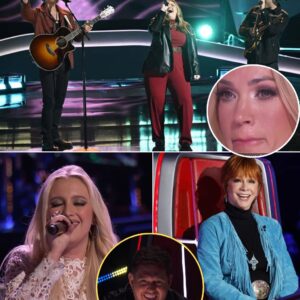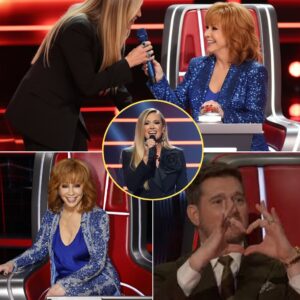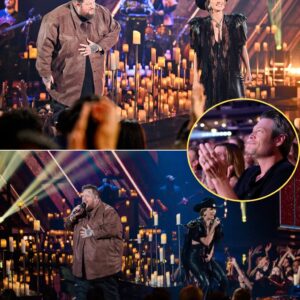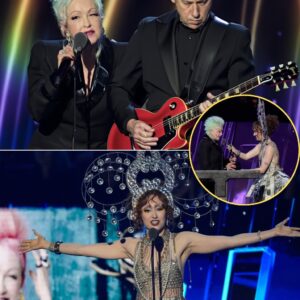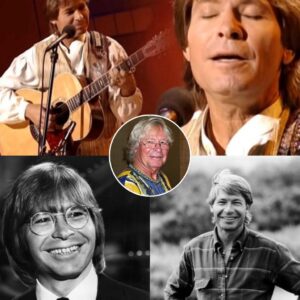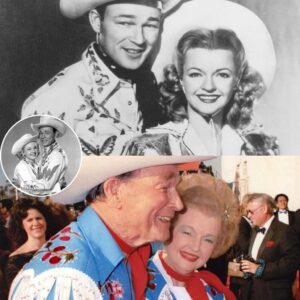The grand concert hall fell into a hush as the first melancholic notes of “How Can You Mend a Broken Heart” floated through the air. Michael Bublé stood center stage at the Kennedy Center, bathed in a pool of golden light, his voice wrapping around the Bee Gees classic like fine cognac—smooth, rich, and with just enough burn to make your eyes sting. This wasn’t just another performance; it was a moment of musical alchemy, where one generation’s icon paid tribute to another.
Barry Gibb, seated in the box of honor beside Dionne Warwick, leaned forward as if pulled by invisible strings. The years seemed to fall away from his face as Bublé’s interpretation unfolded—not a carbon copy, but a reinvention that laid bare the song’s aching core. Where the original 1971 version shimmered with Philly soul strings, Bublé’s take emerged as a jazz-noir soliloquy, his phrasing lingering on lines like “I can think of younger days…” with the weight of personal memory. The orchestra swelled behind him like a slow-rising tide, never overwhelming, always supporting—a masterclass in restraint.
Backstage after the performance, Bublé ran a hand through his hair, still vibrating with adrenaline. “You don’t just sing Barry’s songs,” he confessed, “You survive them. That melody cracks you open if you let it.” His rendition had done exactly that—camera close-ups showed Gibb himself dabbing at his eyes, while Queen Latifah mouthed the lyrics from her seat.
The choice of song was particularly poignant. Written during the Bee Gees’ first breakup, its lyrics about fractured love and fragile hope took on new layers in Bublé’s hands. His voice cracked ever so slightly on the final “How can you stop the rain from falling down?”—not as a technical flaw, but as an emotional overflow that drew the evening’s first standing ovation.
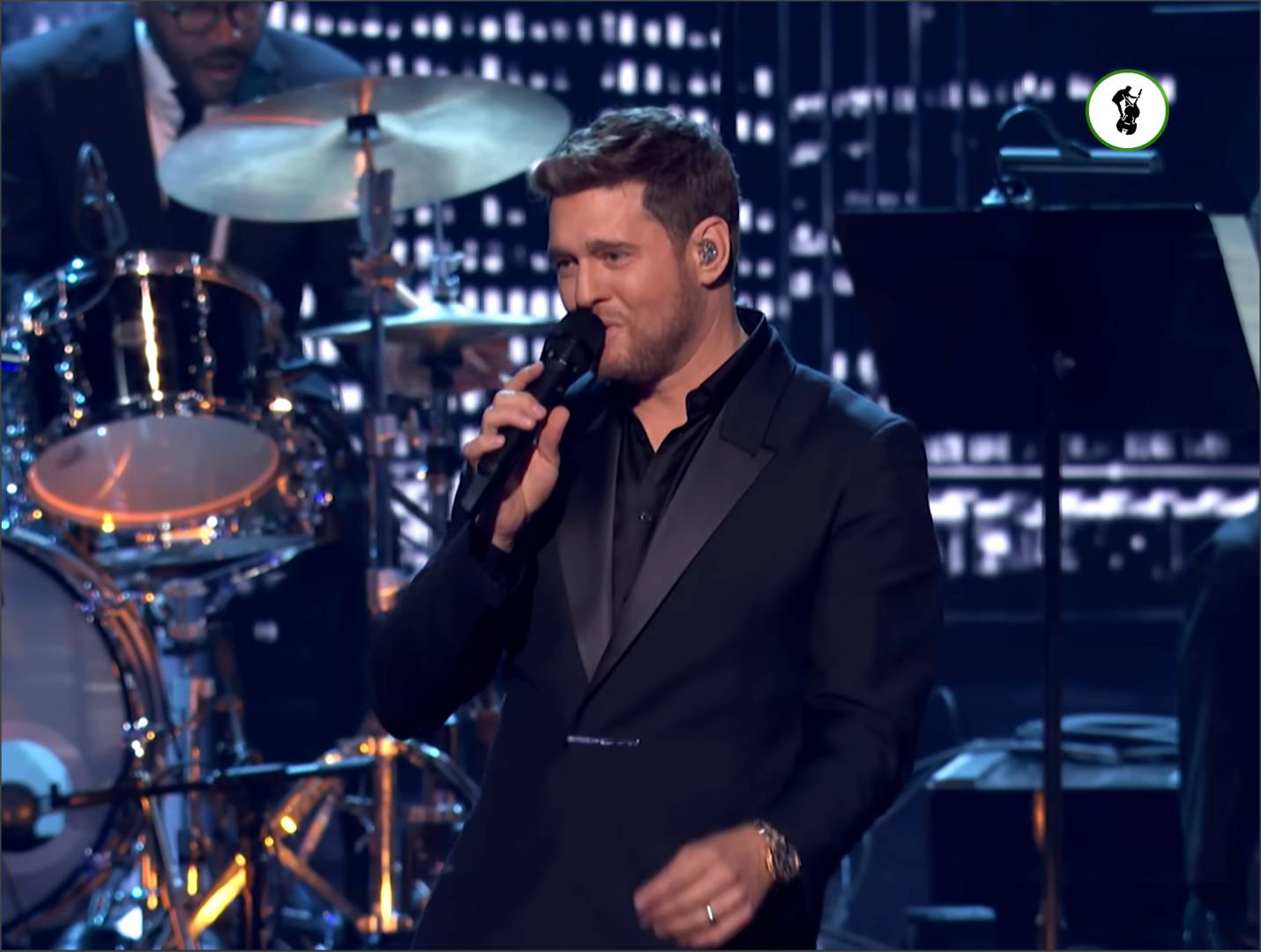
This December 27th broadcast promises to immortalize more than just a tribute. It captures the essence of what makes the Kennedy Center Honors unique: the alchemy that happens when extraordinary artists collide across eras and genres. As the last note faded, Gibb stood to applaud, his smile carrying decades of musical history—and perhaps the quiet thrill of hearing his own work reborn through another visionary’s lens.
The afterparty buzzed with rumors of an impromptu Bublé-Gibb duet on “To Love Somebody.” Whether true or not, one thing’s certain: when these voices meet, broken hearts aren’t so much mended as transformed into something new.
